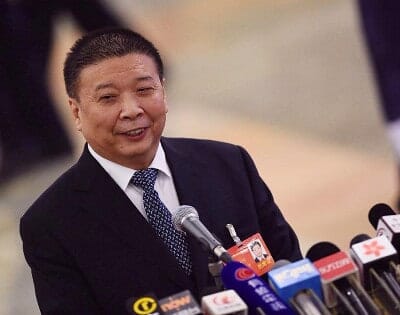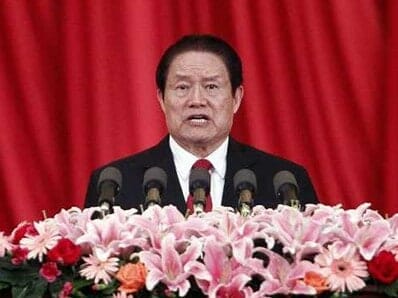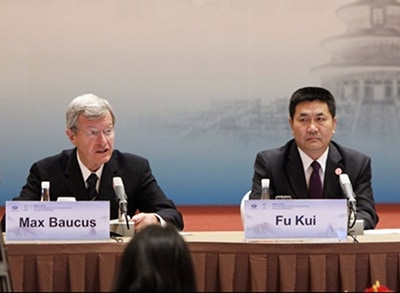As China pushes forward with president Xi Jinping’s anti-corruption drive, the government seems to be paying increasing attention to the country’s real estate market.
In the last four days, three significant steps have been taken to clamp down on corruption among China’s notoriously entrepreneurial bureaucrats and other profiteers as the government announced an audit of the country’s land market, and draft legislation for a nationwide property register on Friday and Saturday. Officials took no rest on Sunday either, as they announced an APEC-wide plan to track individual assets.
Finding Where Land Sales Revenues Go
Reports in the local media on August 16th indicated that the National Audit Office belonging to China’s State Council is embarking on the country’s first audit of land sales, with results expected in about two months’ time. The unofficial message included indications from unnamed government sources that the results of the report could be expected to uncover corruption and to bring about the “relocation” of some officials.
The audit will examine government land sales from 2008 through 2013 down to the county level, paying particular attention to leasing payments, land acquisition and protection of arable land.
Land sales are among the primary sources of local government revenues and despite systems set up to create a transparent auction process, industry insiders acknowledge that ties to local governments usually determine the winning bidder in such sales.
A number of officials accused of corruption during Xi Jinping’s famous campaign against “tigers and flies” have been accused of using their office to profit from real estate deals, including former Politburo member Zhou Yongkang, former Guangdong party chief Wan Qingliang, and a trio of Inner Mongolian official dignitaries including one who used his Buddhist shrine as a porn stash.
Setting Up a Registry of Who Owns What
One day before the land sales audit was announced, the State Council issued draft rules for a property registration system – a mechanism that is expected to play a key role in implementing a property tax, and keeping an eye on the assets of wayward officials.

China’s Minister of Land and Resources, Jiang Daming will be responsible for implementing the property register
The 10-page set of guidelines are the latest step in implementing the national registry, a system that seems to be largely dreaded by local governments, but a clear priority for top level leaders in Beijing.
In May of this year the government set up a new division of the Ministry of Land and Resources to help implement the property registry, and in March the country’s Minister of Land and Resources, Jiang Daming, said that the new nationwide system would be operational within four years.
Earlier this year a senior executive at China Vanke blamed investigations into the ownership of luxury properties for bringing down sales of homes priced over RMB 40,000 per square metre, many of which are believed to belong to owners with government ties.
The property registry is an important element in the government’s plan to tax property ownership nationwide as a replacement revenue source for local governments and a damper on speculative home purchases.
While pilot programs have been in place for several years in Chongqing and Shanghai, a nationwide system cannot be implemented without the registry.
Chasing Down Officials Overseas
As a contributor to a joint announcement on Sunday following the inaugural meeting of the APEC Network of Anti-Corruption Authorities and Law Enforcement Agencies, or ACT-NET, which just concluded in Beijing, China’s government made it clear that it would be taking its anti-corruption drive international.
“As domestic anti-corruption efforts intensify, corrupt officials flee abroad and remain at large by taking advantage of legal differences between our jurisdictions,” Fu Kui, Vice Minister of China’s National Bureau of Corruption Prevention said in a statement. “This is a serious challenge to each economy’s rule of law.”
To ensure that public assets remain in China, rather than immigrating overseas with naughty officials, a secretariat, to be initially hosted by China, will be set up to share information regarding financial assets of individuals across national boundaries within APEC.
“By building a multilateral platform to strengthen work-level exchange and case cooperation, and expand channels for anti-corruption and law enforcement partnership, we could cut off the escape route of corrupt fugitives,” Fu explained.
China recently has been stepping up a campaign against so-called “naked officials” who ship their wives and families overseas and transfer assets to the new country, so that they can escape more rapidly should they be ensnared in the current anti-corruption drive.


Leave a Reply